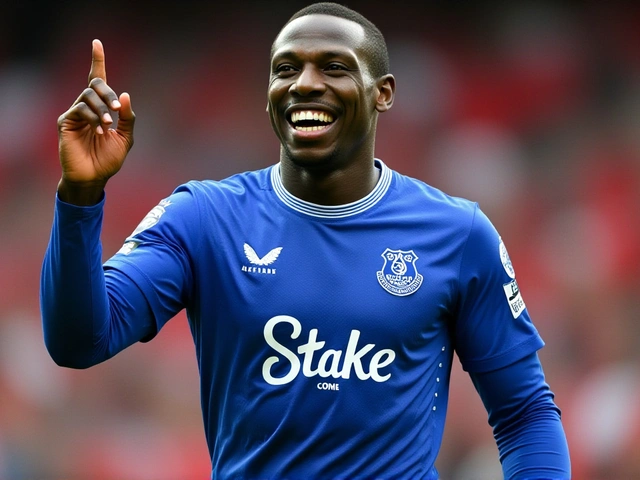Igbo politicians: who they are and why they matter
Igbo politicians come from Nigeria’s Southeast and often shape national debates about power sharing, development, and identity. They range from veterans in Abuja to rising figures in state capitals and the diaspora. If you want to follow Nigerian politics closely, knowing the main Igbo actors and their priorities helps you read election results, policy moves, and regional dynamics.
Who are Igbo politicians and what do they focus on?
Many Igbo politicians start in state politics—governors, lawmakers, and local council leaders—before moving into national roles. Some are businesspeople turned public servants, others rose through party structures. Common priorities you’ll see from Igbo leaders include economic development for the Southeast, better federal appointments, infrastructure projects like roads and power, and policies that support trade and small businesses. They also push hard on calls for fair representation at the federal level, especially the long-running demand for rotational presidency or clearer zoning arrangements.
Names matter here because of visibility. You’ll hear some figures a lot during election seasons or when the media focuses on Southeast issues. But don’t ignore quieter players: local legislators and commissioners often deliver the policies that affect daily life—markets, schools, health clinics, and transport links.
Key trends and what to watch
First, watch how parties position Igbo candidates and alliances. After recent national votes, new alignments and youth movements changed the scene. Second, observe federal appointments and who gets key ministries or agencies—these moves tell you which parties are negotiating power and where influence is shifting. Third, keep an eye on infrastructure projects and funding. Contracts, timelines, and impact on local jobs reveal how serious a leader is about development.
Security and local unrest also shape political moves. When protests or tensions flare, politicians respond fast—sometimes with new laws, sometimes with promises of investment. Follow statements from state houses and local security briefings to see how leaders manage crises. Finally, monitor the diaspora and business networks. Igbo entrepreneurs at home and abroad often fund campaigns and lobby for trade-friendly policies.
Want to stay informed without getting swamped? Follow a mix of sources: reliable national outlets, Southeast-focused reporting, and official social accounts of politicians and state governments. Check manifestos before elections and compare them with actions taken after officials assume office. Look at budget line items and project delivery rather than only speeches.
Questions to ask when you read about an Igbo politician: Does the story show concrete results for ordinary people? Who benefits from the proposed policy? Which local leaders back or oppose the plan? Those questions cut through spin and help you judge real impact.
Use this tag page to track articles, interviews, and updates on Igbo politicians. Bookmark it, subscribe to alerts, and come back when a new development appears—regional politics move fast and these leaders play a big role in Nigeria’s future.
Yoruba Nation Movement and the Peaceful Advocacy by Sunday Igboho: A Call for Igbo Politician Action
The peaceful advocacy of Sunday Igboho, a key figure in the Yoruba Nation movement, has garnered attention after he submitted a petition to the UK Prime Minister without threats. In contrast, the brother of Nnamdi Kanu, Kanunta, criticized Igbo politicians for their inaction in supporting the Biafran cause. This comparison underscores Igboho's peaceful approach and highlights a call to action for Igbo political leaders.
Recent-posts
May, 14 2024






